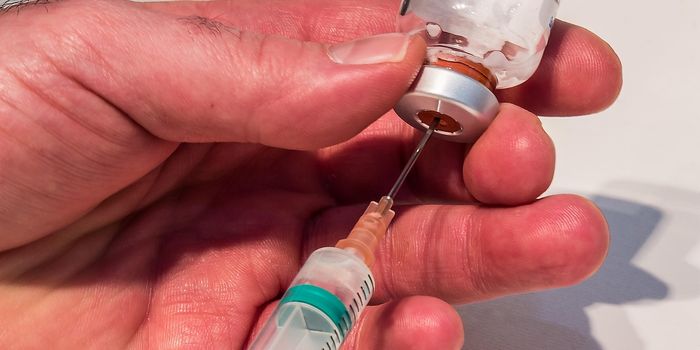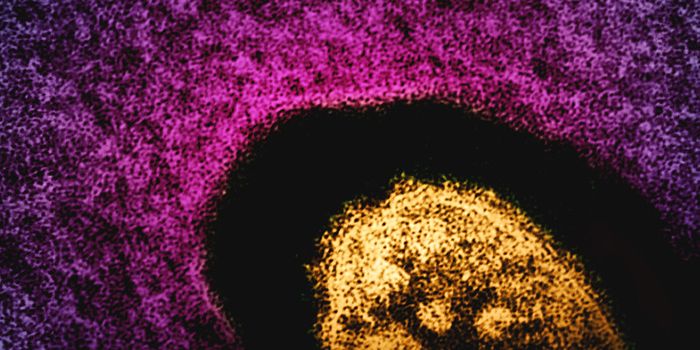Gene Loss of ARID1A Promotes Prostate Cancer
Cancer is very difficult to treat due to various components that therapies must address to effectively kill or lyse tumor cells. There are two general categories of cancer: blood or hematologic malignancies and solid tumors. In particular, solid tumors progress by means of the tumor microenvironment (TME), which suppresses the immune system. The TME is comprised of various immune cells that are polarized to suppress homeostatic functions of the immune response to allow the tumor to grow. Although, the TME contains different pro-tumor cells releasing cytokines or proteins that drive cancer progression, one particular cell population has been shown to play a critical role in clinical diagnoses.
Myeloid-derived suppressor cells (MDSCs) are a major arm of the TME that contribute to its suppressive property. There are two types of MDSCs dependent on the lineage of each cell subtype, including monocytic-MDSCs (M-MDSCs) and polymorphonuclear MDSCs (PMN-MDSCs). PMN-MDSCs are most common in solid tumors and lead to a worse prognosis. Many researchers are currently trying to target these cells using different approaches to reduce their pro-tumor function.
An article from the lab of Dr. Jun Qin at the Shanghai Institute of Nutrition and Health demonstrated that a molecular complex regulates MDSC suppression in prostate cancer. The Nature Communications article specifically identified the SWI/SNF complex which is involved in cell function remodeling to play a critical role in PMN-MDSC suppression. More specifically, Qin and colleagues discovered that a component of the SWI/SNF complex known as ARID1A is directly related to PMN-MDSC driven prostate cancer.
Prostate cancer is a solid tumor which effects men and is quickly becoming the leading cause of cancer-related death. Prostate cancer also obtains multiple mutations or genetic alterations that effect the stable function of the cell, including PTEN, TP53, and RB1. Unfortunately, PTEN is closely correlated with metastatic disease in which loss of PTEN in combination with other alterations, previously mentioned, increases a patient’s Gleason Score (GS). In addition to genetic alterations, PMN-MDSCs drive prostate progression through the release of proteins that inactivate tumor lysing immune cells.
Qin and colleagues demonstrated that ARID1A loss in PMN-MDSCs helps drive prostate cancer. The relationship between ARID1A and PMN-MDSCs has, for the first time, been integrated to demonstrate the mechanism of prostate cancer progression. ARID1A alteration is present in many malignancies including carcinomas, bladder cancer, and colorectal cancer. It is commonly believed that ARID1A is a tumor suppressor and acts as a mechanism in cells to avoid cellular dysregulation that lead to cancer. Interestingly, ARID1A deletion in combination with PTEN loss resulted in prostate cancer progression in preclinical animal models. Additionally, ARID1A loss increased the suppressive activity in PTEN-deficient mice with prostate cancer. Further investigation demonstrated that ARID1A loss enhances PMN-MDSC expansion. These results indicate that ARID1A is a viable target for future therapeutic drugs. Furthermore, this SWI/SNF complex can be analyzed to understand how to target PMN-MDSCs for enhanced treatment of prostate cancer.
The relationship between ARID1A and PMN-MDSC is a major discovery in the field of cancer biology. It identifies the mechanism behind the PMN-MDSC component in the TME. It also progresses our knowledge of prostate cancer and provides a viable target or biomarker for future patients. Overall, this work drives the field forward to better understand prostate cancer and enhances our understanding to generate more effective therapies and improve patient survival.
Article, Jun Qin, Shanghai Institute of Nutrition and Health, Nature Communications








